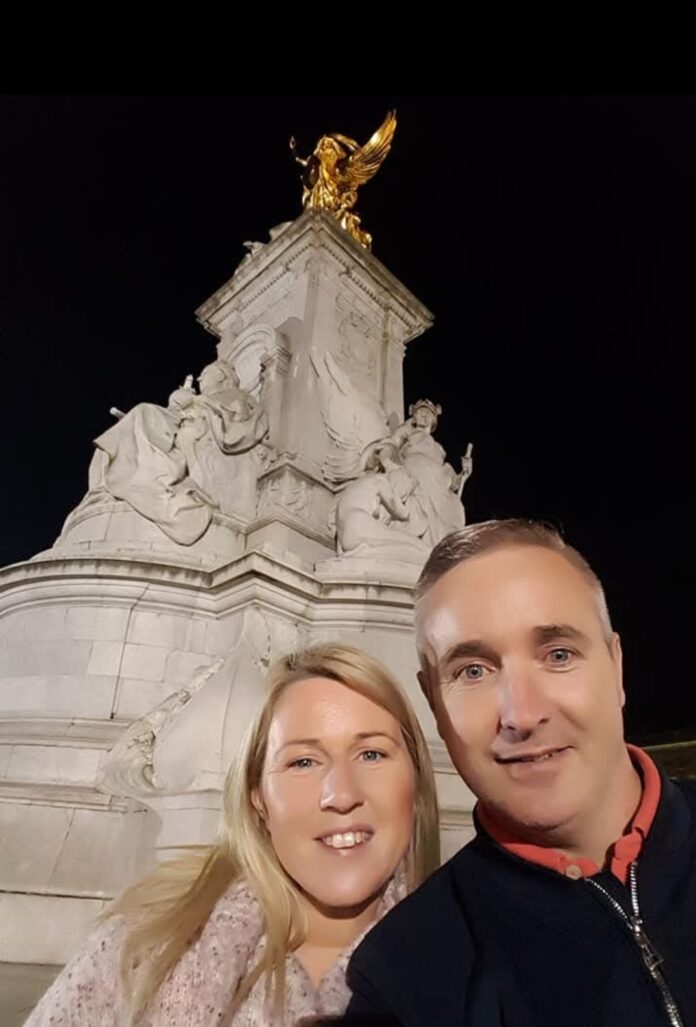
“We have a loving, stable home. If children get the love, understanding, and support that they need, and if you believe in them getting to where they need to be, then they will.”
Words that most parents would agree with, but ones with added poignancy when you realise they come from a mother who has bestowed that care and attention on other people’s children she has taken into her home – ones who often have complex needs and challenges in their lives.
To mark National Fostering Awareness Month, Limerick woman Eileen O’Shea reflects on how fostering has not only changed the lives of the children she and her family support but has enhanced their own lives too.
Eileen and her husband Adrian, from Lisoleem, Bruree, County Limerick, have been foster carers with Tusla for 12 years.
Their own children, Jack and Mollie, were just five and nine when Laura* came into their lives aged just six weeks old and born six weeks premature. Her sibling, Joseph*, would join her two years later at the tender age of eight days.
“We’re a good team,” says Eileen. “If I have a bad day or one of the children might be acting up, Adrian will encourage me; he’s always there to lend an ear.”
The couple have seen the progress the two additions to their family have made over the years, despite developmental difficulties.
“It’s amazing where they have come from to where they are now,” says the proud mum, preparing to watch Laura play in a local soccer final.
An in-demand goalkeeper for her local soccer and camogie team, Laura has overcome barriers like autism spectrum disorder (ASD) and attention deficit hyperactivity disorder (ADHD) to become a shining light on the field. And Joseph is following hot on his sister’s heels as the soccer-mad 10-year-old is known for scoring last-minute goals.
The O’Sheas hope to adopt the siblings in the years ahead, but are holding off on having that conversation with them until they are a little older.
“We don’t look at them as foster children – they are part of our lives and are treated the same as our own children,” Eileen says.
There have been challenges, such as advocating to ensure all necessary assessments were made to help provide support for Laura’s conditions, and for Joseph’s dyspraxia and dyscalculia.
“There can be a lot of what you might call ‘red tape’, so you have to be patient, but we’ve got there, and now have everything that we need; our fostering link worker and guardian-ad-litem have been brilliant,” Eileen shared.
For National Fostering Awareness Month, Tusla is seeking foster carers from all walks of life to help ensure young people can stay connected to their communities.
A local placement will ensure a young person can maintain important connections with their friends, sports, school, and community, and reach their full potential.
Tusla currently works with foster carers from all walks of life – including those who are in a same-sex relationship, Travellers, people of African or Eastern European origin, Muslims, people with a disability, those who don’t have a job currently, who rent, who are single, who are over 40, and with parents who both work.
“It is really important that the pool of available foster carers is as diverse and unique as possible because the needs of every child differ,” says Tusla’s national lead for fostering, Jacqui Smith.
“Children come into care from every socio-economic group, across religions and cultures, across rural and urban communities throughout our country. Every child deserves the chance to live in a home within their own community.
To learn more about being a foster carer, visit fostering.ie.
*Names in this article have been changed to protect children’s identities.


